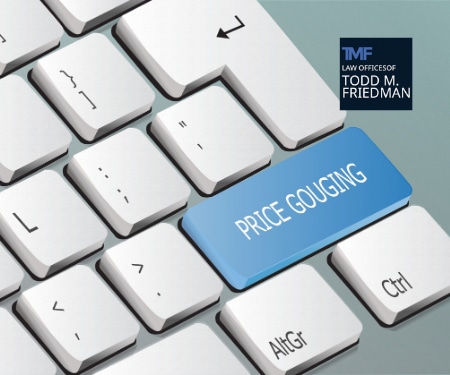To provide the best experiences, we use technologies like cookies to store and/or access device information. Consenting to these technologies will allow us to process data such as browsing behavior or unique IDs on this site, including collecting and providing that information to third party vendors to improve our experience, and for marketing purposes. Not consenting or withdrawing consent, may adversely affect certain features and functions.
The technical storage or access is strictly necessary for the legitimate purpose of enabling the use of a specific service explicitly requested by the subscriber or user, or for the sole purpose of carrying out the transmission of a communication over an electronic communications network.
The technical storage or access is necessary for the legitimate purpose of storing preferences that are not requested by the subscriber or user.
The technical storage or access that is used exclusively for statistical purposes.
The technical storage or access that is used exclusively for anonymous statistical purposes. Without a subpoena, voluntary compliance on the part of your Internet Service Provider, or additional records from a third party, information stored or retrieved for this purpose alone cannot usually be used to identify you.
The technical storage or access is required to create user profiles to send advertising, or to track the user on a website or across several websites for similar marketing purposes.
 In March and April, when the coronavirus really began spreading throughout the United States, many Californians rushed to the store to stock up on essentials: hand sanitizer, hand soap, paper towels and toilet paper. N95 masks were nearly impossible to find for those who really needed or wanted them.
While supplies were low, however, California retailers legally couldn’t hike up prices drastically. Price gouging during an emergency in California is illegal. In fact, retailers can’t raise the price of goods or services more than 10% after the president, governor or city mayor declares an emergency. The emergency declaration usually lasts 30 days, but government officials can extend it (as has been the case during the coronavirus pandemic).
In March and April, when the coronavirus really began spreading throughout the United States, many Californians rushed to the store to stock up on essentials: hand sanitizer, hand soap, paper towels and toilet paper. N95 masks were nearly impossible to find for those who really needed or wanted them.
While supplies were low, however, California retailers legally couldn’t hike up prices drastically. Price gouging during an emergency in California is illegal. In fact, retailers can’t raise the price of goods or services more than 10% after the president, governor or city mayor declares an emergency. The emergency declaration usually lasts 30 days, but government officials can extend it (as has been the case during the coronavirus pandemic).











